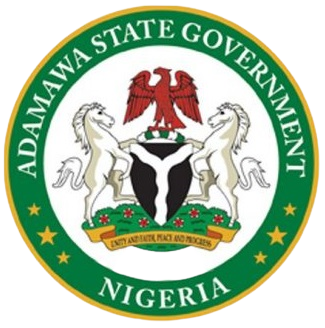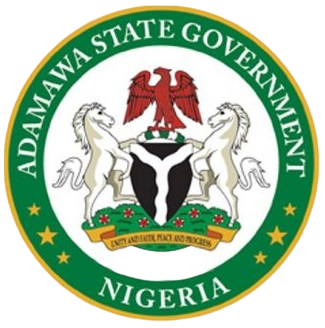Land services encompass a broad range of activities and functions related to the management, utilization, and regulation of land resources. These services are typically facilitated by government agencies or departments tasked with overseeing land administration, land-use planning, and related activities. Here are key aspects of land services:
- Land Administration:
- Title Registration: Administering the registration of land titles and deeds to establish and maintain a formal record of property ownership.
- Cadastre Management: Maintaining cadastral records that document the legal boundaries and characteristics of land parcels.
- Land-Use Planning:
- Zoning Regulations: Implementing and enforcing regulations that designate specific land uses within defined zones to guide development and manage urban growth.
- Master Planning: Developing comprehensive plans that outline the long-term vision for land use, infrastructure, and community development.
- Land Information Systems:
- GIS Mapping: Utilizing Geographic Information Systems (GIS) to map and analyze spatial data, providing valuable insights for land management and decision-making.
- Land Data Management: Establishing databases and information systems to store, retrieve, and manage data related to land parcels, ownership, and land-use patterns.
- Land Tenure and Reform:
- Land Tenure Systems: Administering systems that define and regulate the rights of individuals or communities to access, use, and control land resources.
- Land Reform Programs: Implementing policies and programs aimed at redistributing land ownership, addressing historical inequities, and promoting sustainable land use.
- Land Valuation and Taxation:
- Property Valuation: Assessing the monetary value of land and properties for taxation, sale, or compensation purposes.
- Land Taxation: Implementing systems to collect taxes based on the assessed value of land and improvements.
- Environmental Management:
- Land Conservation: Implementing measures to preserve ecologically sensitive areas, prevent land degradation, and protect natural resources.
- Sustainable Land Use: Promoting practices that balance economic development with environmental sustainability, such as sustainable agriculture and forestry.
- Land Dispute Resolution:
- Mediation and Adjudication: Providing mechanisms for resolving disputes related to land ownership, boundaries, and land-use rights through mediation or legal adjudication.
- Infrastructure Development:
- Public Works and Infrastructure: Coordinating land services with infrastructure development projects to ensure compatibility and sustainable use of land.
Land services are essential for fostering sustainable development, managing urbanization, and ensuring equitable access to land resources. Government agencies, often within ministries or departments of lands and survey, play a critical role in implementing these services to support effective land governance and contribute to the overall well-being of communities.
Get In Touch
Feel free to contact us using the details provided below.
Ministry of Lands & Survey
Opening Hours
Open Daily 9am–5pm Mondays – Fridays


